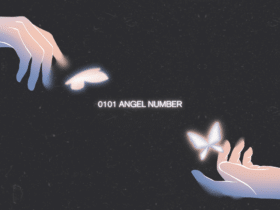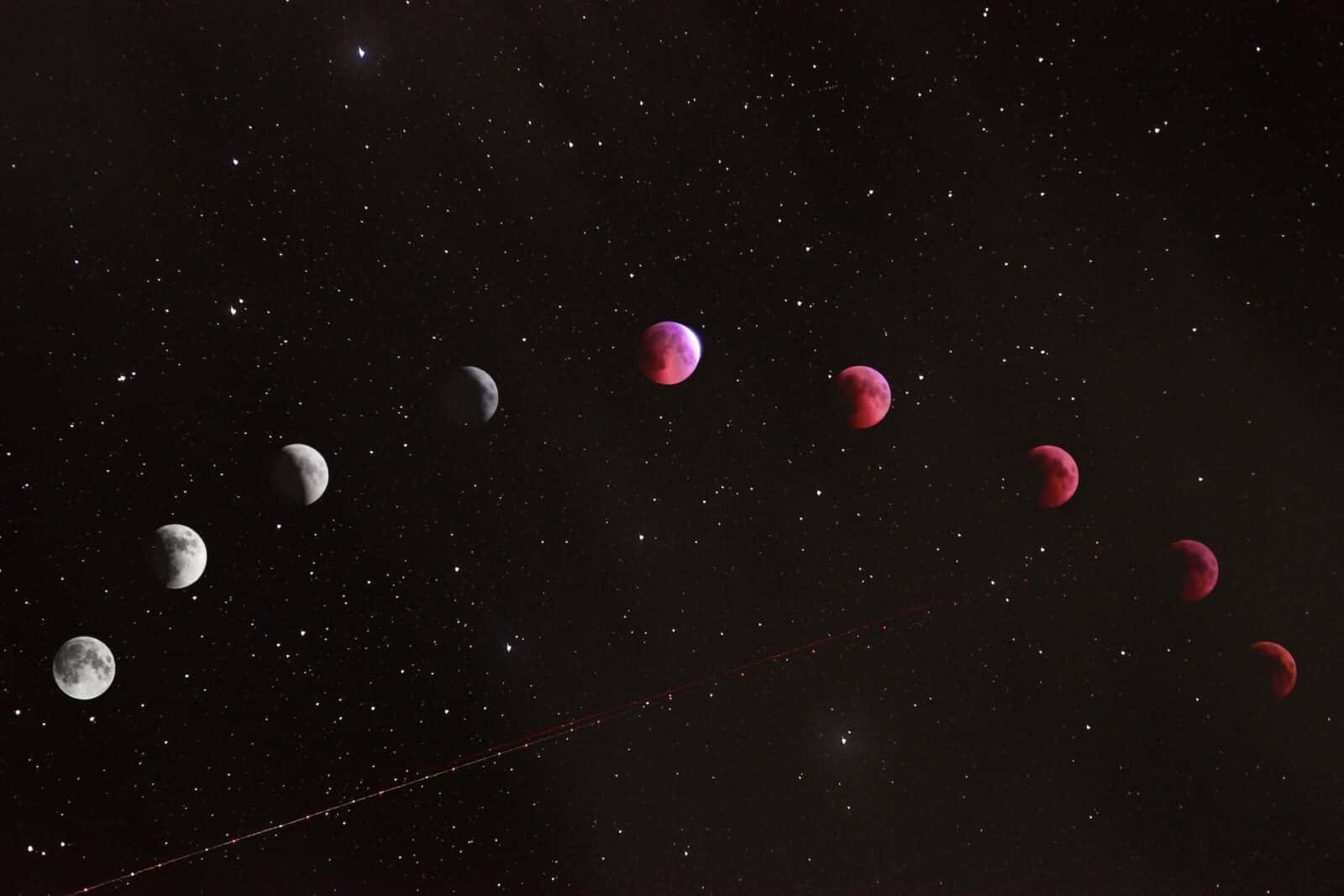Some individuals conflate the notions of astrology and astronomy. Even while both astronomy and astrology have an emphasis on celestial bodies, that is essentially all they have in common. A focus.
The distinction between astronomy and astrology is discussed in this article, as is the possibly more significant distinction between an astronomer and an astrologist.
Astrology Is Not A Science, But Astronomy Is
Astrology and astronomy vary primarily in that one is a science and the other is not.
What is Astronomy? Astronomy is the study of the universe outside of the atmosphere of the Earth by observation and fact-based description. Astronomy explains how galaxies move away from us, how stars shine, how planets move, how black holes accrete mass, and many other aspects of the cosmos.
The results that result from space models must be reproducible and produced using procedures that are outlined within the scientific approach because it is a science that is based on observations, models, and theories.
Astronomy does not focus on humans. It exclusively addresses how phenomena in space behave and things that happen away from Earth. Astronomy comes the closest to including humans when we look for extraterrestrial life. And not even in that context can astronomers fully agree when life even means. In other words: humans are insignificant in astronomy.
A person who examines the universe and its phenomena in an effort to provide answers to “how…?” inquiries is known as an astronomer..
On every level, astrology deviates from this description. According to astrology, our brains and bodies are affected by the celestial bodies’ orientation. In actual practise, astrology is having a birth chart made for a person and thinking that the planets’ positions in the solar system have an impact on the newborn’s personality and health. While the positions of, for instance, planets are of course determined by science, the interpretation of how those positions affect humans on Earth is decidedly unscientific, necessitating the label of “belief” or “superstition.”
A human must be used as the point of reference for interpreting the motion and placement of celestial bodies because astrology is entirely focused on humans. Because of this, some people use astrology to guide their lives or as a factor to consider while making important decisions.
A person who communicates the astrological interpretation of the positions of planets and stars is known as an astrologer.
Is Astrology Misguided?
As such, astrology is not incorrect. It’s also acceptable to bang on wood in hopes of good luck or to throw salt over your shoulder after spilling something. Though not incorrect, it is also not scientific. It’s nonsense.
The practice of astrology is superstitious. A person can choose whatever they choose as the foundation for their life and decisions in a free society as long as they don’t cause harm or constitute a threat. It’s acceptable to have superstitions. When submitting grant applications, even astronomers cross their fingers and pray for good luck in the hopes that money will come their way this time. However, they don’t apply it to science because it is just not scientific to cross your fingers for good luck. Although enjoyable, it is not science.
It is incorrect to categorize astrology as a science, and I believe this is the point of contention most frequently.
It is wrong for the obvious reason that it isn’t, but maybe more significantly, it is wrong for moral grounds. False advertising if astrology is presented as a science.
Science is not astrology. Astronomy, on the other hand, is not a belief.
The two ideas cannot be compared or used interchangeably. The first is a type of personal life guide, while the second is a scientific study of space. Astrology and astronomy cannot be employed as life principles or in a space science experiment. Just like that.
Despite the fact that it is clear that astrology is not a science, it is frequently presented as such. Most likely because adding a science label to fortune-telling allows one to make substantially more money. And all of the arguments in favour rely on the confusion between correlation and causation.
Let’s examine causation and correlation in more detail.
Did it rain when you were born, or did it rain because you were born?
In astronomy, causation is required to fully explain a phenomenon. A prediction made by a scientist looks like this: They create a model of an event and wait for it to take place somewhere in space that we can see it. We have a decent sense of what happened if the outcome of the event is consistent with the forecast made by our model.
Einstein’s justification for why Mercury should process by an additional 43 seconds of arc every century is a good illustration of what causation is. This would be a result of his general relativity theory, which was developed around a century ago. Although Mercury’s behavior was already understood, its reason had not yet been identified. Einstein discovered the cause that had been missing in his general theory of relativity.
No matter how many times an event occurs, causality states that “when A happens, then B will also happen.” The scientific process is fundamentally dependent on causality.
We have correlation as opposed to causation. When two random events occur at the same time, this is called correlation. This page contains the best illustrations of what a correlation is. It demonstrates the relationship between seemingly unrelated events, such as “Number of people who drowned after falling into a pool Vs. Nicolas Cage films.” Despite the excellent correlation between the two events in the graph, it is clear that individuals do not drown in swimming pools simply because a new Nicholas Cage film just came out.
The graph makes it appear credible, but it is still absurd. Correlation may not imply causation. Although correlation can be compelling, it offers no explanation. It just demonstrates that two random events can occur simultaneously.
Astrology mainly relies on correlation, which is frequently misinterpreted as causality. As Jupiter rises in the East, you are experiencing financial difficulties. When a diagram is included, it can suddenly appear convincing that Jupiter’s current position negatively affects your financial situation.
However, it doesn’t. You probably have money issues as a result of capitalism. Jupiter not.
While they coexist, modern astrology and astronomy are unrelated.
Astrology and astronomy were two components of a science soup a few hundred years ago. It made sense at the time. Scientists were working out how things were connected, thus it was only natural to include theories about various connections in the world, such as the hypothesized relationships between the human mind and the celestial bodies. You may even say that astrology helped make astronomy possible.
An astronomer may serve as the king’s personal advisor during the Renaissance by predicting the king’s future actions and health based on celestial constellations and planet motion. As a result, astronomy gained recognition in the upper society, which was where reputable scientists could be found. Even if astrology was eventually abandoned by the scientific world, astronomy is still very much a part of it.
Since the time of the Renaissance, a lot has changed. We understand how both huge galaxies and microscopic atoms function and adept at battling viruses and treating injuries. We also know that planets have no bearing on your life’s fate.
And happily, we also understand that we each have the freedom to hold any beliefs we choose.


















Leave a Reply